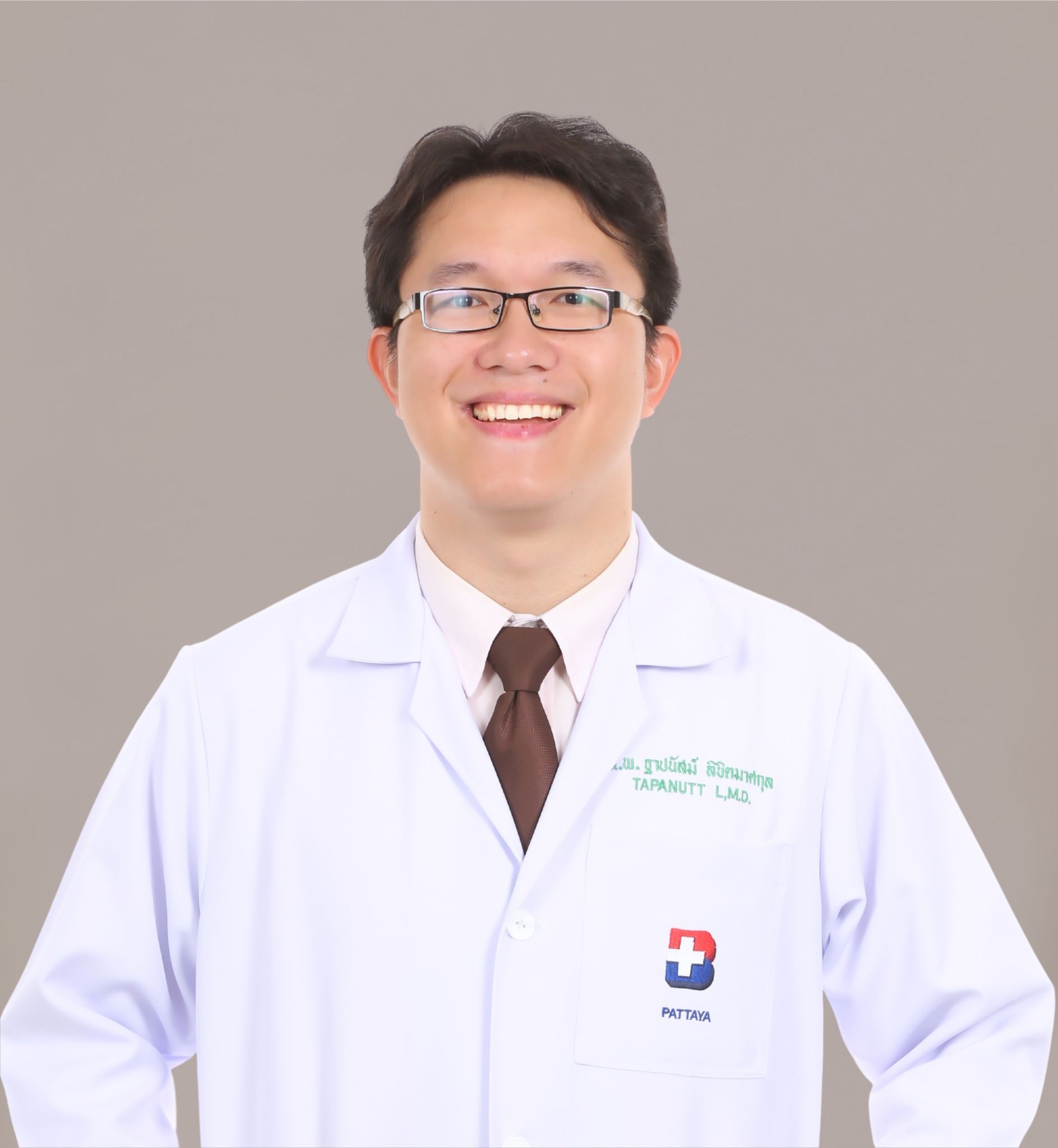
Myths and Facts about Food That Can Cause Breast Cancer
Home > Health Info > Health Articles

What types of meat are associated with an increased risk of breast cancer?
Answer: “Yes.” The World Health Organization (WHO) and the International Agency for Research on Cancer (IARC) classify processed meats as Group 1 carcinogens, meaning they can cause cancer in humans. Red meat falls into Group 2A, which indicates it is a probable carcinogen. Consuming red meats like beef, pork, lamb, and processed meats, which are preserved through methods like curing, smoking, or salting (e.g., sausages, ham, bacon), can increase cancer risk, especially colorectal cancer and breast cancer. However, The risk is much higher for those who consume large amounts of these meets regularly, a common pattern for heavy meat eaters, often referred to as ‘meat lovers’.
Does eating too much meat increase the risk of breast cancer?
Answer: Women who consume large amounts of red and processed meats have about a 9% higher risk of developing breast cancer compared to those who eat smaller quantities. To lower cancer risk, it is recommended to limit red meat consumption to less than 70 grams per day or 500 grams per week. Thai meals, which typically use smaller portions of meat in dishes like stir-fries and soups, pose less of a problem than the large serving is common Western diets. Therefore, completely avoiding meat is unnecessary and may result in nutritional deficiencies, especially in protein. In summary, “You can eat meat, but in moderation.”
Are soymilk or soy products safe for breast cancer?
Answer: “No, it does not.” You can consume soy products in moderation. The concern arises from the fact that soy contains compounds that mimic estrogen, the hormone linked to breast cancer development. Eating excessive amounts of soy could potentially increase breast cancer risk, particularly for those with estrogen-receptor-positive breast cancer. However, for patients, it is advised to avoid soy-based supplements or concentrated soy products, as they might stimulate hormone-sensitive cancers, potentially making treatment more challenging or increasing the chance of recurrence.
Does a high level of estrogen increase the risk of breast cancer?
Before answering, let’s identify foods containing estrogen-like compounds, such as phytoestrogens, isoflavones, and resveratrol. Examples include coconut water, prunes, carrots, wheat, legumes, tofu, sesame seeds, grapes, and berries. Eating these foods does not increase breast cancer risk. In fact, for women going through menopause, consuming foods rich in phytoestrogens can help alleviate symptoms and reduce the need for synthetic hormones. In moderation, these foods can also help balance hormones and reduce the risk of heart disease and osteoporosis. As of now, there is no clear scientific evid ence linking these foods to an increased risk of breast cancer. Therefore, the key remains: “Eat good quality, nutritious foods in reasonable amounts.”
Does drinking coffee cause cancer?
There’s a common myth that drinking excessive coffee increases cancer risk. The concern arises from acrylamide, a substance formed when foods like grains and potatoes are cooked at high temperatures. Acrylamide is found in small amounts in coffee and foods like fried potatoes, doughnuts, and bread. However, the amount in coffee is relatively low—about 0.15-1 micrograms per cup. For someone weighing 50 kg, it would take over 130 cups of coffee to reach a potentially risky level of acrylamide. Therefore, drinking coffee in normal amounts does not increase a cancer risk.
Share :





